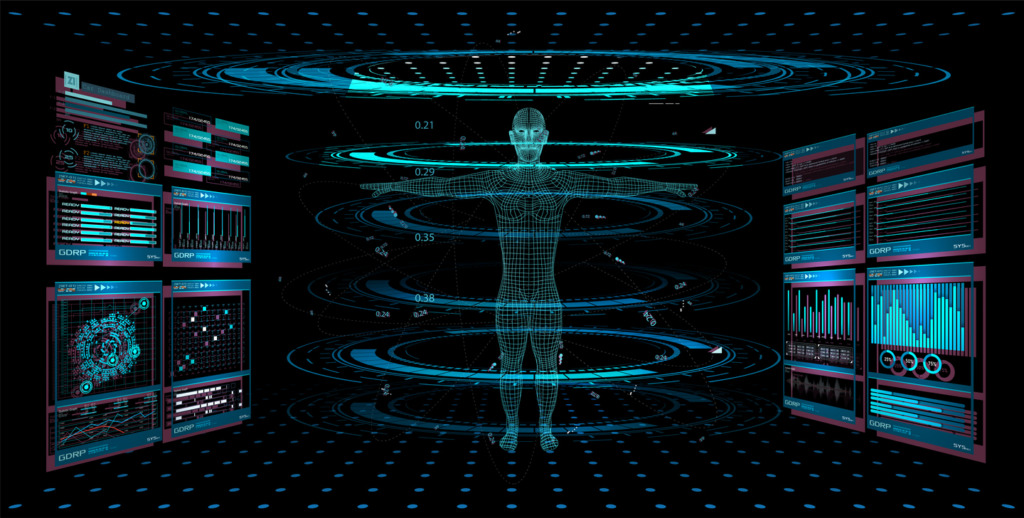Developing predictive imaging biomarkers of CNS disorders

Current methods to detect cognitive impairment associated with several CNS disorders rely on neuropsychological evaluations. However, neuropsychological evaluations detect these CNS disorders at the later stages, when they are already symptomatic. Thus, to overcome this challenge, a major component of our research focuses on developing and validating clinically translatable noninvasive imaging biomarkers capable of detecting subtle molecular changes in the brain, which are indicative of the early onset of cognitive impairment in preclinical disease models. Ultimately, these clinically translatable imaging biomarkers could aid in 1) patient stratification; 2) the noninvasive longitudinal monitoring of pathology progression; and 3) noninvasively monitoring patient responses to potential therapies.
Imaging cell-based therapies for central nervous system (CNS) disorders

Cell-based therapies are currently being evaluated for a variety of applications in both regenerative medicine and in oncology. However, the clinical translation of several promising therapies has been hindered by a number of challenges. These include: an inability to deliver the right therapeutic cell dose to appropriate diseased/injured sites; an inability to noninvasively and longitudinally monitor the survival; migration; biodistribution; and fate of the transplanted cells. To overcome these challenges, a major component of our research focuses on developing MRI-based cell-tracking biosensors and evaluating these biosensors in preclinical disease models.
Imaging drug delivery to the CNS and early responses to therapy

A major impediment to the successful treatment of several CNS pathologies has been a difficulty in delivering therapeutic agents in sufficient concentrations to the brain, due to the blood brain barrier (BBB). Consequently, targeted drug delivery systems are being developed to deliver drugs across the BBB and into the brain. These drug delivery systems will greatly benefit from imaging strategies capable of noninvasively monitoring the drug delivery process. To address this challenge, another component of our research focuses on developing MRI-based theranostic biosensors, capable of imaging drug delivery to the CNS, and also imaging early molecular responses to therapy.
Image-guided bioengineering strategies for enhanced CNS nanoparticle delivery

Nanoparticles have emerged as versatile drug delivery vehicles for various applications. However, their delivery to diseased/injured sites remains a major challenge. To overcome this challenge, another component of our research focuses on developing MRI-guided tissue re-engineering strategies to enhance the delivery of targeted nanoparticles to the CNS for enhanced therapeutic outcomes.

